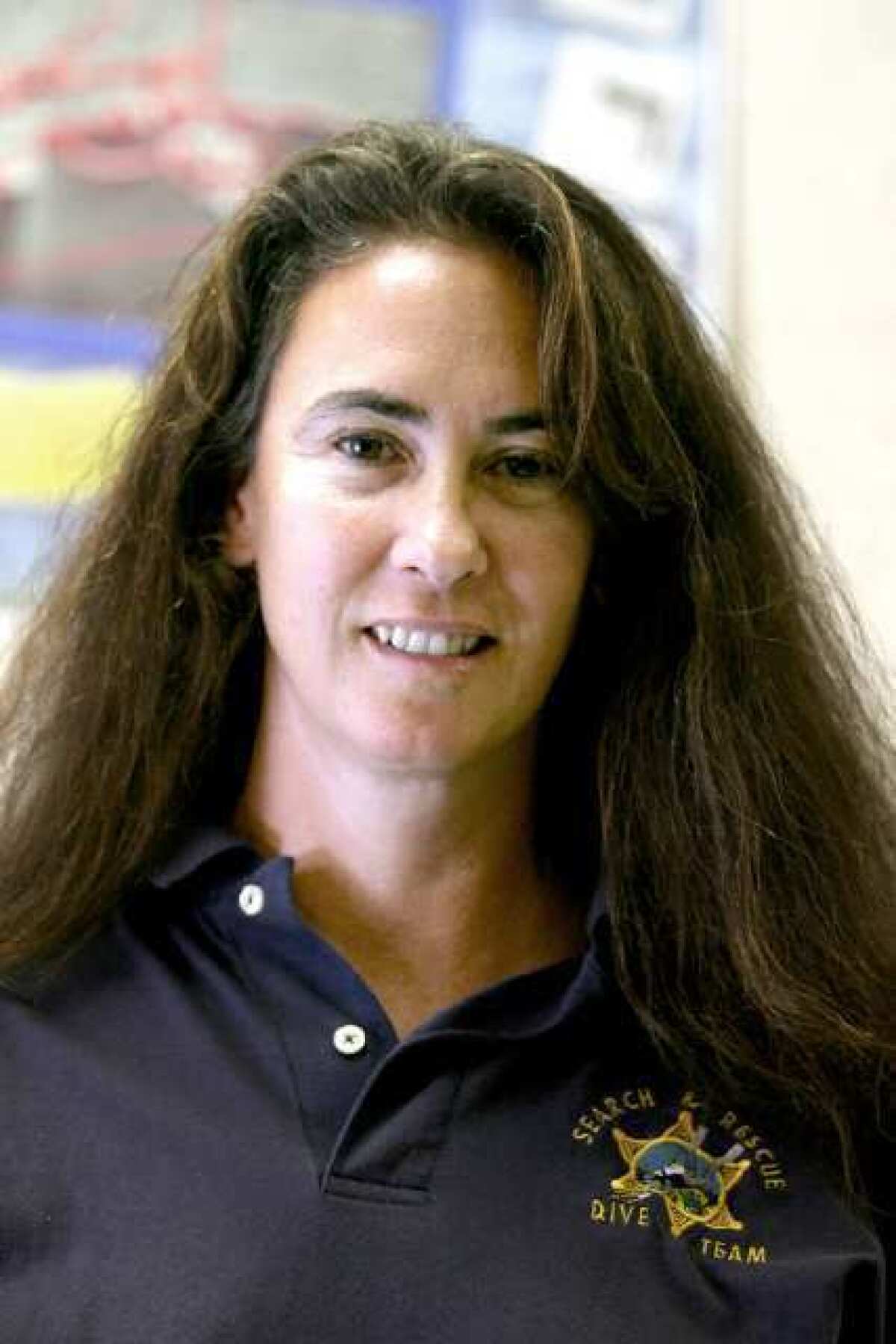Clark Magnet teacher wins coveted award

- Share via
Clark Magnet High School teacher Dominique Evans-Bye is one of 11 teachers across the country — and the only one in California — to win a coveted environmental award that honors her innovative and hands-on approach to teaching science.
An instructor at Clark since 2000, Evans-Bye this week won the Presidential Innovation Award for Environmental Educators for her focus on environmental research and her students’ sustainability projects.
One of those projects took place last October when she led a group of students up steep hills near Ojai to see camps that used to house illegal marijuana growing operations.
In the abandoned camps, students found left-over containers of harmful pesticides that growers used to keep animals from devouring the plants. Also, liquid fertilizers had spilled into a stream bed, Evans-Bye said.
Students witnessed firsthand the toll that the illegal cultivation of marijuana has on the environment.
The project was one of several that Evans-Bye wrote about when she applied for the presidential award she was “really hoping” to win.
“It’s very rewarding to be recognized,” she said.
Bob Perciasepe, the acting administrator of the U.S. Environmental Protection Agency, said the honored teachers won for their innovative roles in educating students about environmental stewardship and civic responsibility.
“Their work is a critical part of creating a cleaner, healthier and more sustainable future,” Perciasepe said in a statement.
Evans-Bye said students also deserve recognition.
“It’s the kids’ work,” she said.
The award includes $2,000 each for Evans-Bye and Glendale Unified to spend on future environmental-education pursuits.
Evans-Bye is already preparing for her next project. In June, she will venture off the coast of Redondo Beach with her students and a remote-controlled underwater robot.
They will try to capture images and video of debris hundreds of feet below sea level, and Evans-Bye expects to find items such as water bottles and plastic bags.
“They say there are more plastic pieces in the ocean than there is phytoplankton,” she said, referring to the microscopic organisms that live in watery environments. “We’re out to enlighten people on that fact.”
--
Follow Kelly Corrigan on Twitter: @kellymcorrigan.